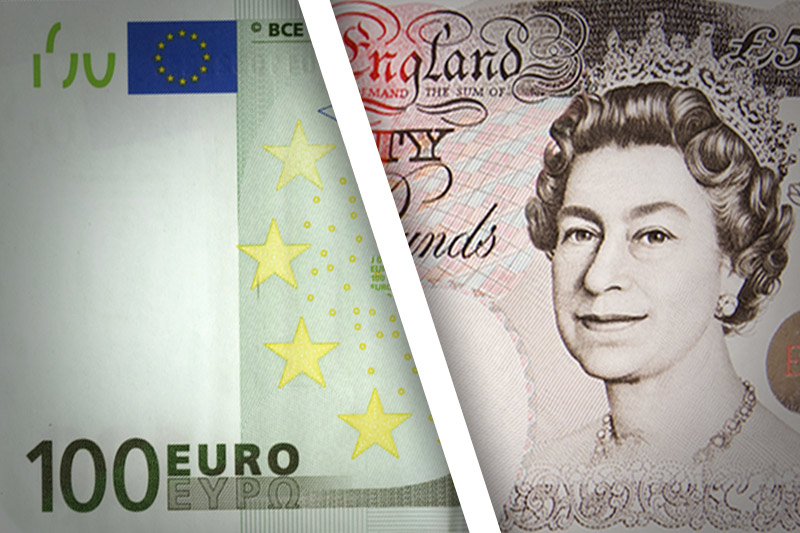S&P 500 slips, but losses kept in check as Nvidia climbs ahead of results
By Geoffrey Smith
Investing.com -- The Eurozone and the U.K. are both heading for recessions this year as the prolonged squeeze on energy prices takes an increasingly heavy toll on the continent, according to Goldman Sachs.
However, surging inflation will still force the region's two biggest central banks to raise interest rates sharply, the bank told clients in a note at the weekend.
Analysts led by Sven Jari Stehn said they expect the U.K. economy to shrink for three straight quarters from October under the weight of high energy prices, with a risk of inflation topping 20% early next year if wholesale gas prices continue to rise. By the end of 2Q 2023, U.K. GDP is likely to be around 1% lower than currently, Stehn estimates.
On the continent meanwhile, Stehn’s team expects the Eurozone economy to suffer a shallow contraction in the third and fourth quarters, as the energy crisis finally stalls the momentum of a post-pandemic recovery. Goldman expects gross domestic product to shrink 0.1% in the current quarter and 0.2% in the final quarter of the year.
In both bases, Goldman’s analysts are at odds with the respective central bank. The Bank of England expects the U.K.’s contraction to carry on for five straight quarters, a much more bleak forecast. The European Central Bank, by contrast, hasn’t yet admitted the prospect of a recession, although individual policy-makers have warned more and more loudly of that risk in recent weeks.
“While risks are towards a later start to the recession, we still worry that the downturn could be deeper and longer in case of further gas supply disruptions,” Stehn said.
The note comes at a time of acute uncertainty over Russia’s intentions with regard to gas supply ahead of the winter heating system. Gas monopoly Gazprom (MCX:GAZP) has said it will close the Nord Stream 1 pipeline completely from Tuesday for three days of maintenance. However, this maintenance was unscheduled and has provoked fears that the pipeline will remain shut after September 2nd.
French Finance Minister Bruno Le Maire said on Tuesday that French citizens need to be prepared for “a hard winter”, including the possible rationing of gas supplies to industry, after Gazprom cut supplies to French importer Engie (EPA:ENGIE) citing unspecified contractual disputes.
Stehn sees France and Spain – both less dependent than Germany and Italy on Russian gas supplies – as performing more strongly through the coming recession.
In both the U.K. and the Eurozone, Stehn said the strength of the labor market looks like stopping a deeper contraction. Against that background, he expects both the European Central Bank and the Bank of England to carry on tightening monetary policy in their efforts to bring down inflation.
The ECB’s governing council is due to meet on Thursday, a day after Eurostat releases Eurozone inflation numbers for August. Germany’s inflation rate stayed at 8.8% under the harmonized Eurozone statistical method last month, and at 7.9% under its own national methodology. Stehn expects the ECB to raise its official rates by 50 basis points each, bringing the key deposit rate up to 0.5%.
However, after the ‘hawkish’ commentary by ECB board member Isabel Schnabel and others at the Federal Reserve’s Jackson Hole event last week, Stehn said it’s possible the bank may try to ‘front load’ its rate hikes with a 75 basis point increase, before reverting to 25 basis point steps thereafter.
Stehn expects the BoE to have to work harder to bring inflation down. Here, too, he expects a 50 basis point hike in September, but with the risk of further such steps going into the fourth quarter, even as recession sets in.
